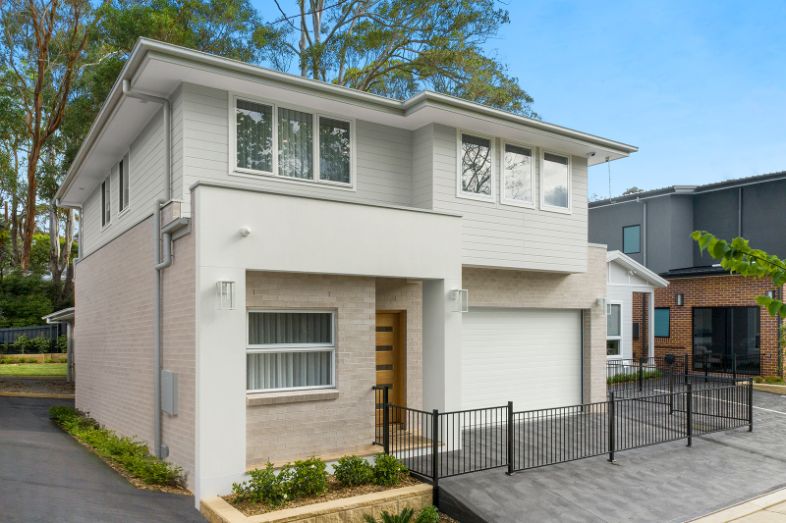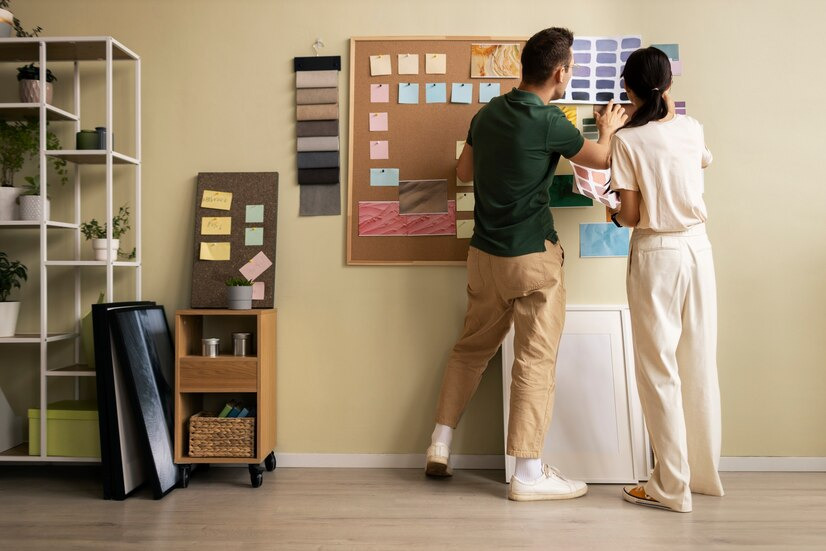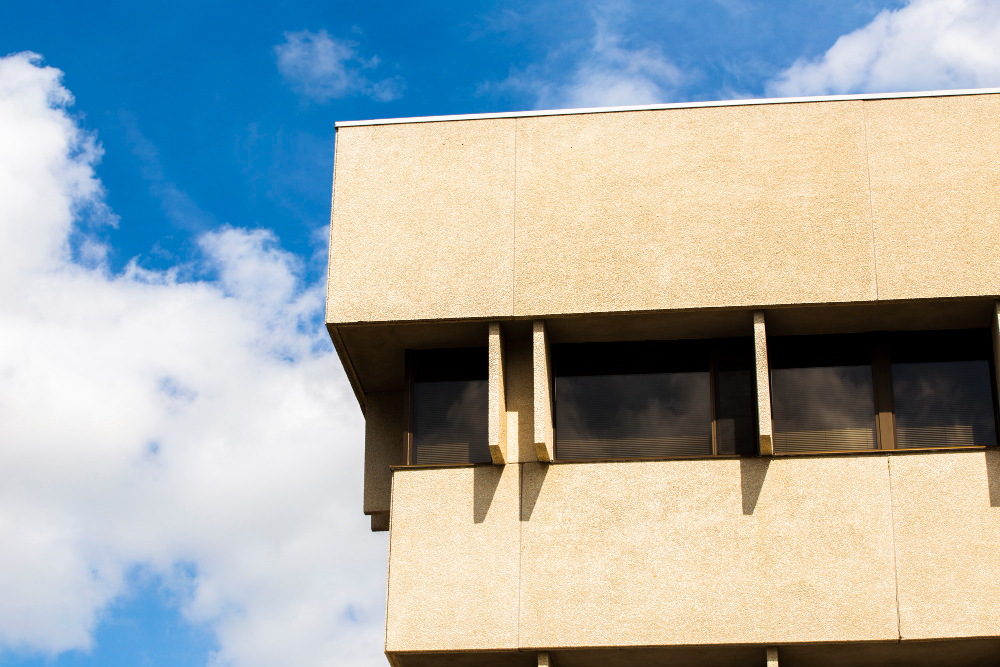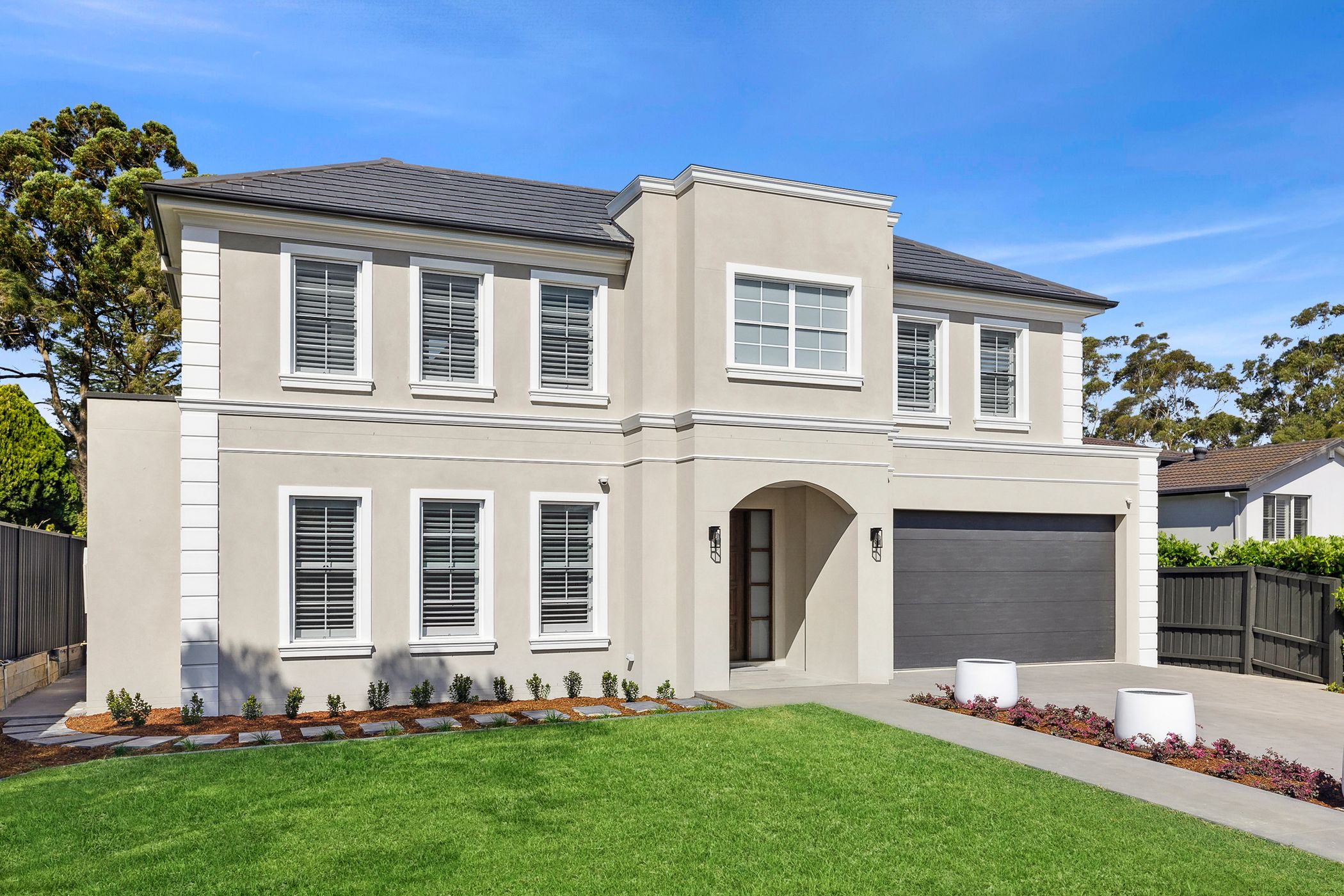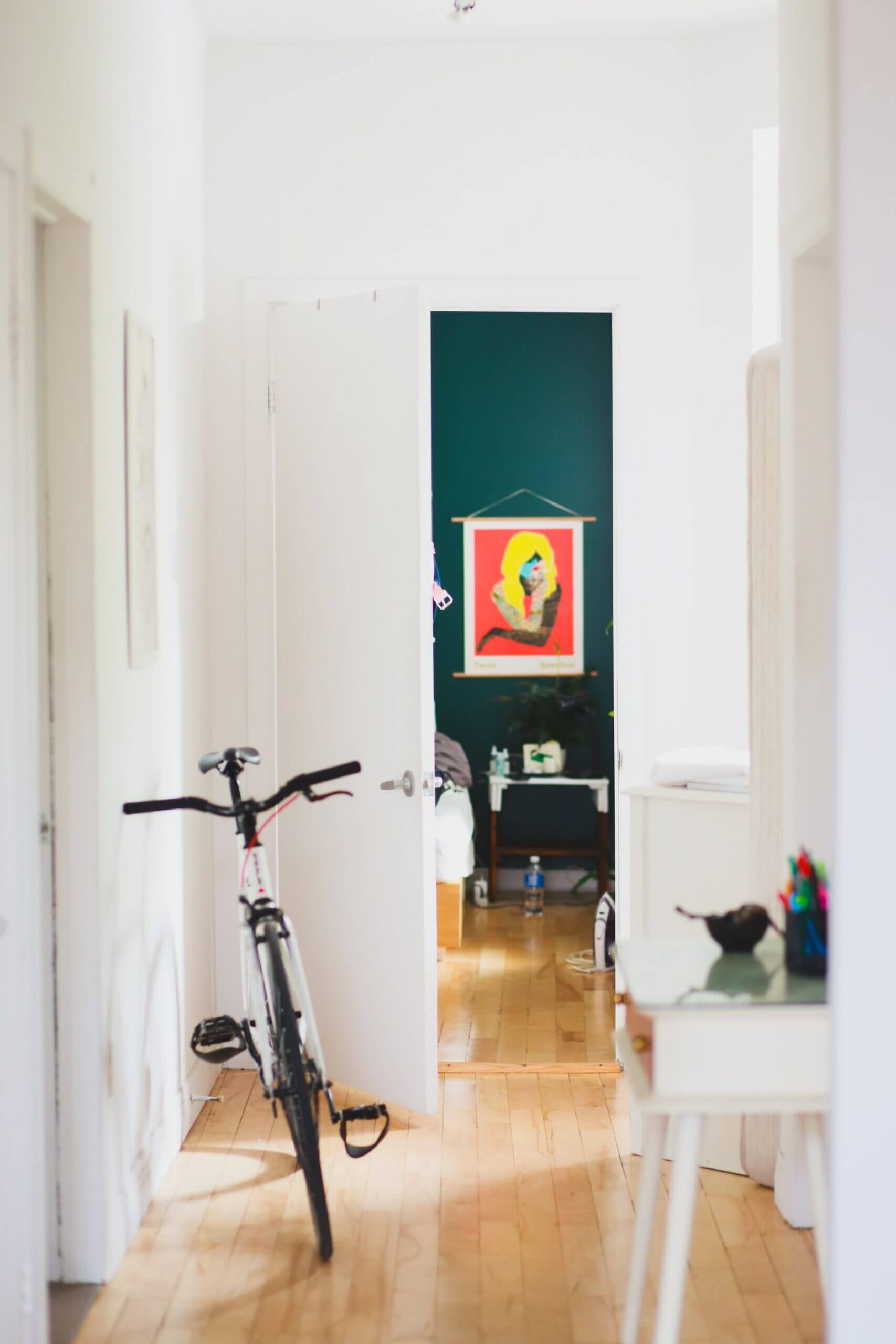
Custom design vs kit home | Weighing up the pros and cons
Are you trying to decide between a kit home or following a traditional home build process? Then let the top home builder in NSW introduce you to the pros and cons!
Cost, build time, and options are all things to consider when choosing a custom home builder in Sydney or a kit home. Learning everything you can about the different types of new homes will allow you to make an educated decision about which option is best for you and your family.
The decision about buying a custom home or a pre-fabricated home project is a very personal one, and only you can make it. Before committing to one or the other, do some home builder research and read on to see what makes each unique.
Custom homes vs kit homes – an overview of these different types
What is a custom design home?
A custom or boutique home is one that you design yourself. Building a custom home means you can design and edit everything from the floor plan to the kitchen layout, unlike kit homes that come with an inflexible set of specifications. Custom homes give you more choices and are built on-site at your property.
What is a kit home?
Kit homes are prepared off site, usually in a factory or warehouse, and are sent to your property as a package to be constructed. While there is often a wide range of kit homes to choose from, the designs and specifications of each are not very flexible due to their prefabrication process.
Kit homes should not be confused with modular homes. Modular homes are also built off-site, but they are constructed in the warehouse and brought to the site for the final piecing together. Kit homes are pre-cut and still constructed onsite.
5 Key differences between custom and kit homes
- Costs
- Construction materials
- Home design
- Building process
- Build time
If you are looking into new home builders and options for building your dream home, it’s important to weigh everything involved. Deciding between kit homes vs custom building means considering a variety of factors, including:
1. Costs
- Custom home: Costs vary greatly depending on the design and inclusions. On average, a basic single storey Sydney home will have a total construction cost of $350,000 – $450,000
- Kit homes: Costs vary greatly depending on the design and the type of kit home chosen. On average, a basic single storey Sydney kit home will cost between $150,000-$250,000.
2. Construction materials
- Custom homes: Choose from a wide selection of materials and options.
- Kit homes: Materials are usually limited for choice and restricted by the kit home fabricators.
3. Home design
- Custom homes: Completely flexible. The options are unlimited, so you can turn your new house into your dream home.
- Kit homes: Usually limited to a selection of choices, or, when custom designs are advertised, they are still limited to what can be prepared in the factory with additional cost.
4. Building process
- Custom homes: Traditional custom homes are built on-site by a licensed builder.
- Kit homes: Kit homes are pre-cut in a factory and put together onsite.
5. Build time
- Custom homes: Anywhere from 4-12 months, depending on the size of the house.
Kit homes: 3-5 weeks in the factory and 10-12 weeks onsite for an average-sized home.
Custom Home Design – Pros & Cons
The most significant advantage of a custom house is choice: down to the details for every little product and feature. Subsequently, your new home will be unique from every other home and meet all your requirements and standards in terms of quality and functionality.
However, all that choice and care means custom homes are expensive to build compared to kits and project homes. Supplies can only be bought for that single build, meaning bulk discounts don’t apply, and labour too will be more expensive as details are ironed out during construction.
Let’s look at all the pros and cons of custom homes below.
Pro- Freedom of choice
Kit home builders often advertise that their houses are customisable; however, these are only customisable to a point. At the end of the day, it still has to be able to be pre-cut in a factory, whereas your custom design house is limited only by your imagination and builder’s abilities.
Pro- Flexibility during building
The beauty of seeing something built in front of you is that you can make changes if needed before it’s too late. While no builder will recommend last-minute changes due to the extra time and costs; if you see major features in their beginning stages of building that aren’t what you imagined, they are much easier to change in the moment. Changes during building are much easier for traditional homes, vs kit homes where everything has already been prepared.
Pro-Full warranty
Traditional homes usually come with warranty periods and follow-up care once you move into your house. Kit homes can be constructed by an owner builder with varying additional trades throughout the process that won’t offer the same care.
Pro-Easier construction process
Your new home builder organises everything from standard inclusions to whatever else you add to your building contract. Kit home packages don’t necessarily include this, and some packages only look after the process up until the materials are delivered. This type of kit home process requires you to either owner build or contract a licensed builder to construct the home, also requiring you to arrange any trades necessary that a traditional home builder would organise.
Con- Higher cost
Kit homes require approximately a third of the cost compared to traditional custom homes in terms of construction materials. It is imperative, however, to ensure you are aware of everything involved in the build before embarking on a kit project to save money. Kit home package inclusions can have even more hidden costs for an inexperienced builder. You need to be very clear on what is included outside of the prefabricated materials, including the total cost of site works, utilities and additional trades and services required.
Con- Longer to build
Everything is done on-site, and with your custom design in mind, so custom homes typically take longer to build. This extra time, however, is often considered worth it by homeowners who get to custom-design their homes to meet their specific lifestyles and needs.
Kit Home – Pros & Cons
Kit homes give you the flexibility of choosing from a variety of price points, floor plans and finishes. This results in fewer decisions, which means less stress. In addition, it’s generally a faster build, which means less expensive labour costs.
Although, you won’t be able to design every single aspect of your new home or have as much input in how the home is constructed.
Let’s look at all the pros and cons of kit homes below.
Pro- Cost effective
There’s no denying that a kit home is a more budget-friendly option. Make sure you are clear, however, where the savings are coming from and that your package covers building, installation and the other trades and contractors involved in the on-site construction. Often the savings are only worth it for owner builders who can take care of the other site works to reduce any additional costs.
Pro- Faster construction process
With a large portion of the building done off-site, in bulk and out of the weather, kit and project homes can often boast a faster production time.
Con- Hidden costs and work
Home builders’ contracts are infamous for hidden costs, but even more so for kit homes. The standard inclusions aren’t as apparent with kit homes as it is a less traditional building option. In fact, some people choose kit homes because they themselves are an owner builder and are looking for an easier way to DIY the process. So, it is vitally important to understand what’s included in your kit home package installation and where the budget savings are coming from. You may end up with more work and fewer savings than you bargained for with the wrong package.
Con- Less design input
When you buy a kit home, you have less say on the design of your new home. Once the design is signed off, there is little room for changes, even for last-minute fittings and fixtures.
Con- Limited options
While kit homes often boast the ability to customise their designs, the components are still limited to what can be prefabricated in the warehouse, and usually reigned into a simple list of changes. A kit home is not the best option if you want to custom design a unique floor plan and all the features to suit your specific lifestyle.
The best of both worlds
If you are torn about which direction to take, consider sitting down with one of our experienced designers to understand the different options.
Book an appointment with our in-house Building Designers today, and let’s work together to bring your vision to life and make your dream home a reality.
Experience
the
Difference
Ready to start your building journey? Chat to our team of experts today and get a FREE personalised quote
Find Out More
Related Posts


